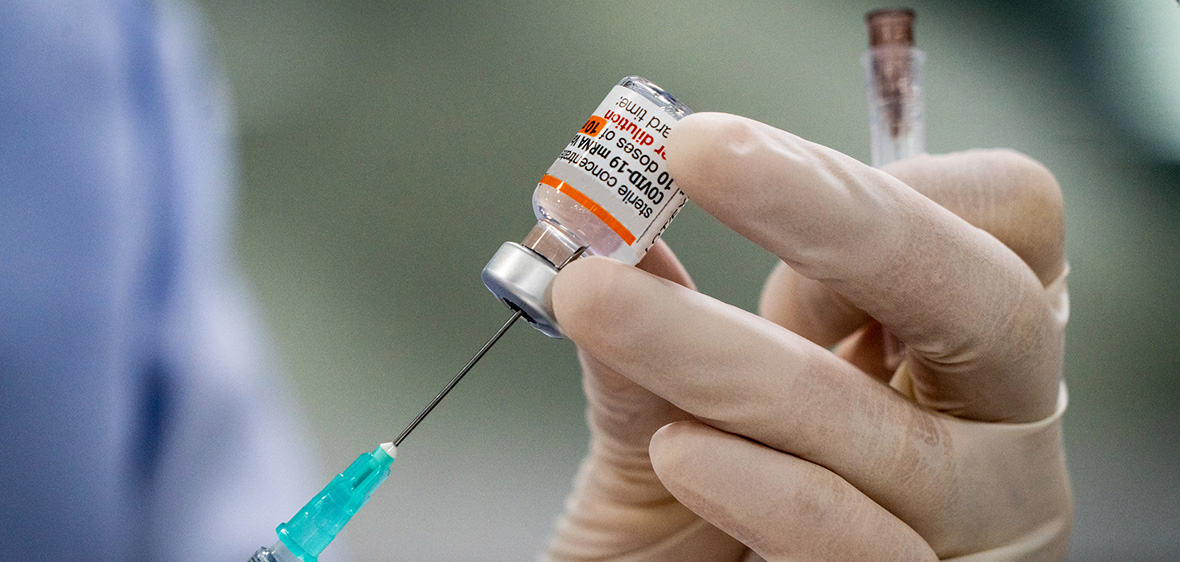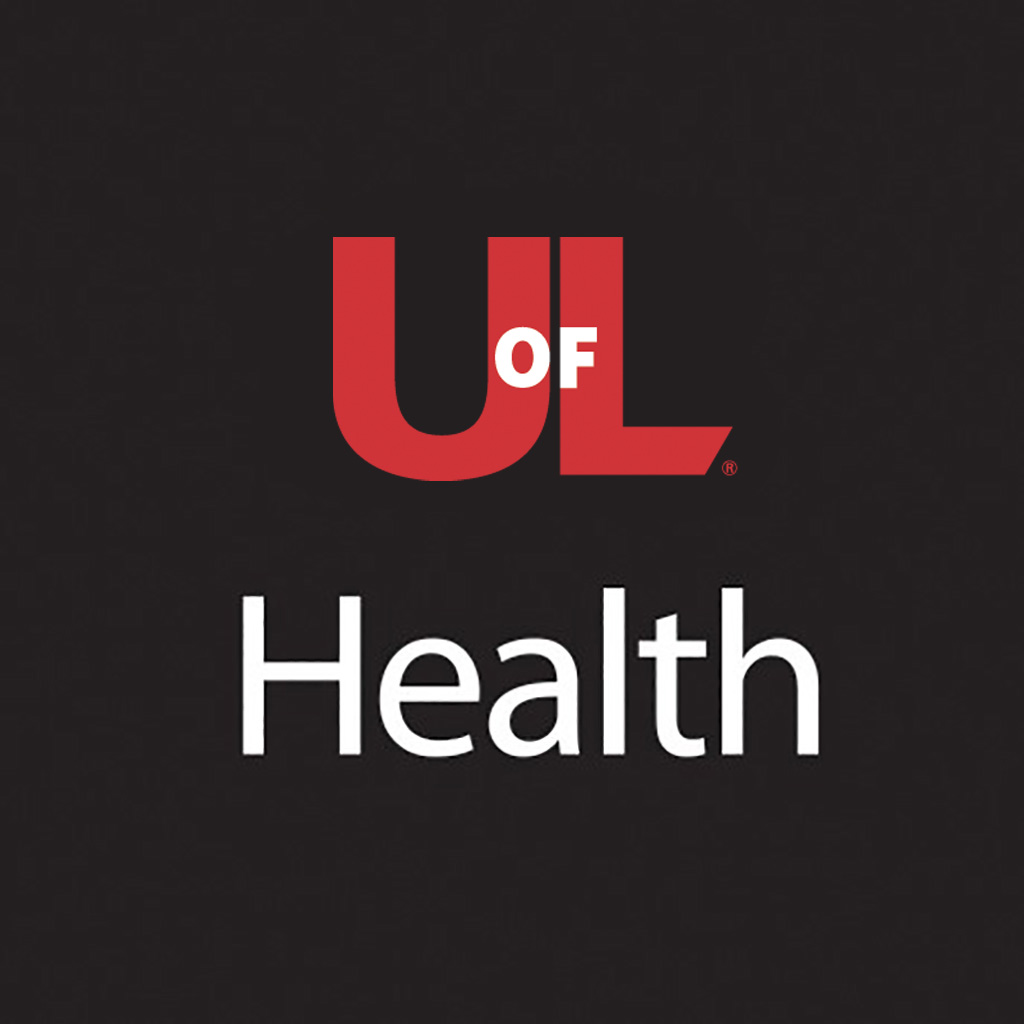
Valerie Briones-Pryor, M.D., was one of the first five people in Kentucky to receive a COVID-19 vaccine back in 2020. She feels a new sense of appreciation for life with a weight lifted off her shoulders.
“It’s hard to believe three years have gone by,” Dr. Briones-Pryor said. “I’m glad things are better. I’ve been looking forward to this day for a long time. It’s nice to not have to wear a mask so I can see people’s smiles again and to be back in group settings.”
Dr. Briones-Pryor serves as medical director for the UofL Health hospital medicine service line and chief medical officer of UofL Health – Shelbyville Hospital. Like many others, the onset of the COVID-19 pandemic struck her hard. But her hope did not wane. Dr. Briones-Pryor felt the development of a vaccine gave her a renowned sense of hope in such a dark, unsettling period.
“I think the people of the community really started taking care of themselves and taking care of others, so kudos to those who really took care of our community,” she said.
Economic Impact of the Vaccines
Dr. Briones-Pryor shared her concerns about a possible future burden of cost on uninsured people who get the vaccine. Even though the Public Health Emergency ends May 11, COVID-19 vaccines are still free for adults and children while the supply the government purchased lasts.
“We don’t know their [uninsured patients’] financial situation,” Dr. Briones-Pryor said. “When they have to choose between paying their electric bill and paying their water bill, and getting a vaccine that may or may not protect them, they may not. They need protection as much as those who are insured.”
What do People Need to Know Regarding Their Vaccine Status?
Dr. Briones-Pryor states the best way for people to protect themselves from COVID-19 is through vaccination and getting boosters.
“If you haven’t had a booster since you’ve been sick, it’s important to get that booster to fight immunity,” she said.
Dr. Briones-Pryor added that the flu changes based on prior variants and expects COVID-19 will continue to be much of the same as new variants continue to emerge. She is aware of the detrimental impact COVID has had, as she used to keep a list of patients lost to the virus, a list she has now lost count of.
“I still keep that list in my office … I want to say my numbers ended around 70, but I stopped keeping track after 50,” she said.
We as a collective cannot forget the lifelong impact and disruption the pandemic has brought to our lives. But the COVID-19 vaccine brings renewed hope in that we can push play in our lives and keep moving forward when we take the proper health precautions to protect ourselves and each other.
Many UofL Health locations offer a primary or booster dose of the COVID-19 vaccine. You can call 502-588-4343 to learn more.









